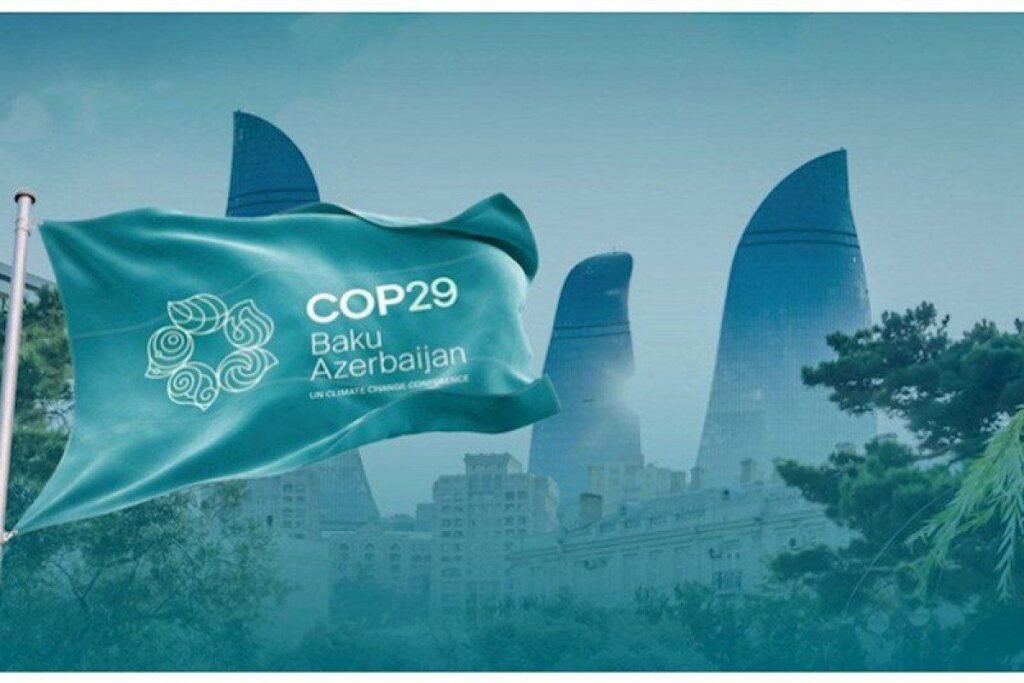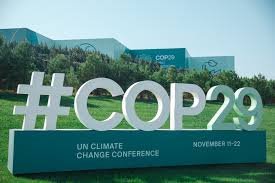Delegates of developing countries reacted to the UN climate talks agreement on a $300 Billion a year for humanity’s fight against climate change.
The deal is aimed at helping poor nations cope with the ravages of global warming in tense negotiations in the city where industry first tapped oil.
COP29 President Mukhtar Babayev gaveled the deal into acceptance before any nation had a chance to speak. And when they did, they blasted him for being unfair to them, the deal for not being enough and the world’s rich nations for being too stingy. “It’s a paltry sum,” India negotiator Chandni Raina said, repeatedly saying how India objected to rousing cheers. “I’m sorry to say we cannot accept it.”
She added that the amount “to be mobilized is abysmally poor” and said that developed countries are forcing developing ones to adapt without accounting for the need for economic growth.
“It is not something that will enable conducive climate action that is necessary for the survival of our country, and for the growth of our people, their livelihoods,” she stressed.

In the early hours of Sunday morning, it was agreed that rich countries would pay developing countries $300 billion a year by 2035 to help them cope with the effects of the climate crisis. However, earlier in the climate talks, held in Azerbaijan, it had been agreed that the most vulnerable countries need $1.3 trillion a year to adapt to and combat the consequences of climate change. So, the final figure of $ 300 billion has been criticized by many.
A long line of nations agreed with India and piled on, with Nigeria’s Nkiruka Maduekwe, CEO of the National Council on Climate Change, calling the deal an insult and a joke. She also said it was unrealistic, and that developed countries need to take more responsibility for their historical and current role in worsening climate change.
“It is not something we should take lightly. I do not think it is something we should clap our hands (for),” she added.
India has accused the COP presidency of agreeing to the “paltry sum” without hearing the country’s opposition to it. Nigeria called the figure a “joke”. And Malawi said that for the least developed countries, it was “not ambitious”.
Others say that any deal is better than no deal, considering it had looked like negotiations could collapse after developing countries walked out of the room when $300bn was proposed, saying their “needs are known” and “they are being ignored”.
Additional Source: Africa News




